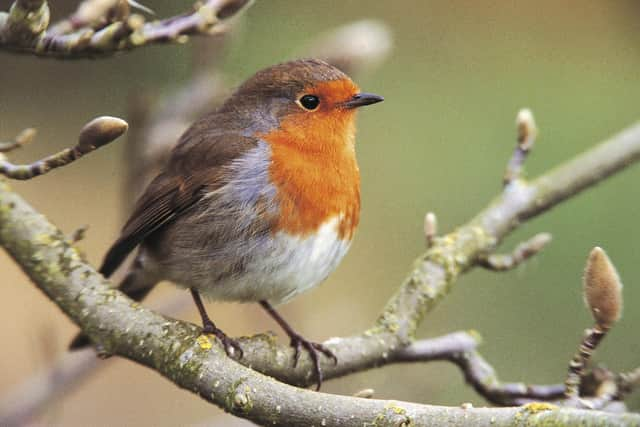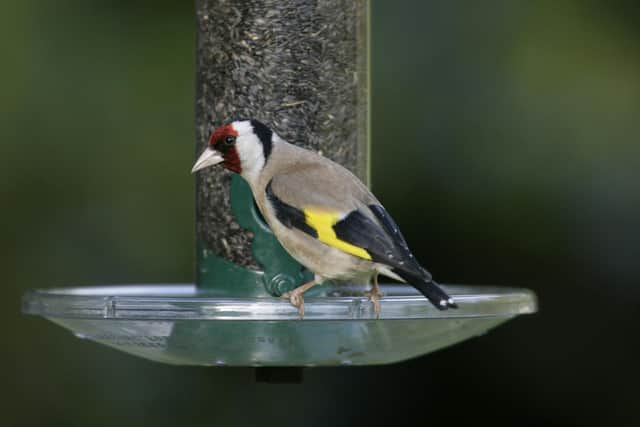Take an hour to help yourself and nature this Big Garden Birdwatch weekend
This article contains affiliate links. We may earn a small commission on items purchased through this article, but that does not affect our editorial judgement.
and live on Freeview channel 276
Increasing evidence shows spending time outdoors and making a greater connection with nature can help to combat conditions including stress, anxiety, fatigue and depression.
This weekend (27-29 January) hundreds of thousands of people will make that special link with wildlife on their doorstep, and at the same time help the RSPB to build a greater understanding of how the UK’s garden birds are faring.
Advertisement
Advertisement
Almost 700,000 people took part in last year’s event, between them counting 11 million birds.


This year’s Big Garden Birdwatch takes place on 27, 28 and 29 January. People are asked to spend just one hour watching and recording the birds that land in their garden, balcony or local park, then send their results to the RSPB.
Beccy Speight, the RSPB’s Chief Executive, said: “The birds we see in our gardens, from our balconies, and in our parks, are a lively, colourful and endlessly fascinating part of all our lives, offering a real connection to the natural world. By taking part in the Birdwatch, you and hundreds of thousands like you, play an important role in helping us understand how UK birds are doing. Join us for Big Garden Birdwatch 2023 and together let’s take action to protect and preserve our birds and wildlife for generations to come.”
According to RSPB NI, the House Sparrow remained at the top of the Big Garden Birdwatch ranking in Northern Ireland as the most commonly seen garden bird in 2022. Starlings and Blue tits were in second and third positions respectively.
Advertisement
Advertisement
Over its four decades, Big Garden Birdwatch has highlighted the winners and losers in the garden bird world. It was first to alert the RSPB to the decline in Song Thrush numbers, which are down a shocking 81 per cent compared to the first Big Garden Birdwatch in 1979. This species was a firm fixture in the top 10 in 1979, but by 2009, its numbers were less than half those recorded in 1979. It came in at 20 in the rankings last year, seen in just eight per cent of gardens.


RSPB experts say the recent cold snap to hit the UK might well have an impact on this year’s results. Smaller birds including Wrens and Long-tailed Tits tend to struggle in harsh winter weather. At the same time, less frequent garden visitors including Bramblings and Redpolls, might turn up in search of food. The RSPB said anyone with garden feeders should maintain good hygiene by cleaning feeders at least once a week and provide fresh water each day to reduce the risk of disease spreading.
To take part in the Big Garden Birdwatch 2023, watch the birds from your balcony, in your garden or in your local green space for one hour at some point over the three days. Only count the birds that land, not those flying over. Tell RSPB the highest number of each bird species you see at any one time – not the total you see in the hour.